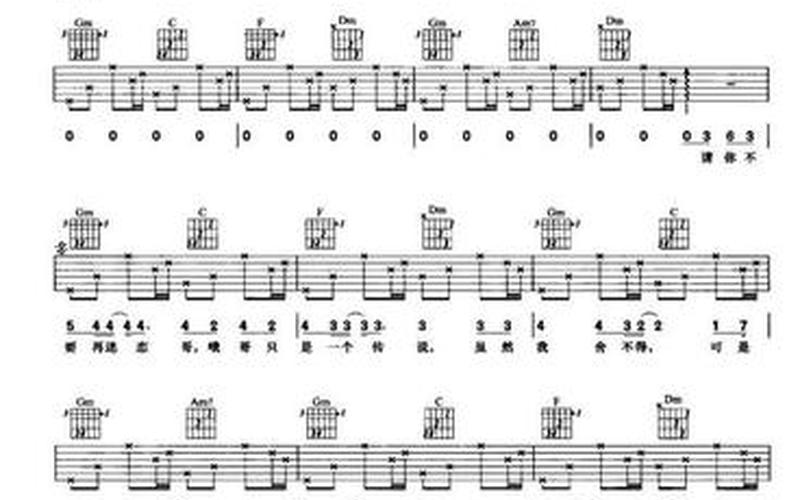The Stolen Secrets- Uncovering the Truth: How Steal's Past Participle Changes
Article Summary:
In this article, we will delve into the various ways in which the past participle of the verb "steal" can be used to uncover the truth behind stolen secrets. We will explore six different aspects of how "stolen" can be used, including its role in criminal investigations, its impact on personal relationships, and its use in literature and film. By examining these different contexts, we hope to gain a deeper understanding of the complex nature of theft and the importance of uncovering the truth.
Introduction:
Stealing is a serious crime that can have far-reaching consequences for both individuals and society as a whole. When secrets are stolen, the impact can be particularly devastating, as it can lead to a loss of trust, damage to reputations, and even the loss of life. In this article, we will explore how the past participle of "steal" - "stolen" - can be used to uncover the truth behind stolen secrets. We will examine six different contexts in which "stolen" can be used, including criminal investigations, personal relationships, and literature and film.
1. Criminal Investigations:
In criminal investigations, the word "stolen" is often used to describe property that has been taken without permission. This can include everything from jewelry and electronics to sensitive documents and trade secrets. When investigating a theft, law enforcement officials will often use forensic techniques to gather evidence, such as fingerprints and DNA samples, in order to identify the culprit. By using the past participle "stolen" to describe the missing property, investigators can focus their efforts on finding the person responsible and bringing them to justice.
2. Personal Relationships:
In personal relationships, the word "stolen" can be used to describe a breach of trust. For example, if a partner cheats on their significant other, they may be said to have "stolen" their partner's trust. Similarly, if someone shares a secret that was meant to be kept confidential, they may be said to have "stolen" the other person's privacy. In these cases, the past participle "stolen" is used to describe the emotional impact of the theft, rather than the physical act itself.
3. Literature and Film:
In literature and film, the word "stolen" can be used to create tension and suspense. For example, in the classic novel "The Count of Monte Cristo," the protagonist is falsely accused of stealing a valuable diamond and is imprisoned for years as a result. When he finally escapes and seeks revenge on those who wronged him, he uses the diamond as a tool to achieve his goals. Similarly, in the film "Ocean's Eleven," a group of thieves plan to steal millions of dollars from a Las Vegas casino, using their skills and cunning to out *** art the security system. In both cases, the past participle "stolen" is used to create a sense of danger and excitement.
4. Intellectual Property:
In the world of intellectual property, the word "stolen" is often used to describe the unauthorized use of copyrighted material. For example, if a musician samples a portion of another artist's song without permission, they may be said to have "stolen" the melody. Similarly, if a company uses another company's patented technology without permission, they may be said to have "stolen" their intellectual property. In these cases, the past participle "stolen" is used to describe the legal and financial consequences of the theft.
5. Historical Artifacts:
In the world of archaeology and historical preservation, the word "stolen" can be used to describe the illegal removal of artifacts from their original location. For example, if someone steals a valuable artifact from a museum, they are not only committing a crime, but they are also depriving future generations of the opportunity to learn from and appreciate the object. The past participle "stolen" is used to describe the loss of cultural heritage that occurs when these artifacts are taken without permission.
6. Identity Theft:

Finally, the word "stolen" is often used to describe the crime of identity theft. When someone steals another person's identity, they can wreak havoc on their victim's finances, credit score, and reputation. In some cases, identity theft can even lead to physical harm, as the thief may use the stolen identity to commit crimes or engage in other dangerous activities. By using the past participle "stolen" to describe this crime, we emphasize the seriousness of the offense and the need to take action to protect ourselves and our personal information.
Conclusion:
In conclusion, the past participle of "steal" - "stolen" - can be used in a variety of contexts to describe the impact of theft on individuals and society as a whole. Whether it is used in criminal investigations, personal relationships, literature and film, intellectual property, historical artifacts, or identity theft, the word "stolen" carries with it a sense of loss and betrayal. By uncovering the truth behind stolen secrets, we can work to restore trust, protect our property and personal information, and preserve our cultural heritage for future generations.







